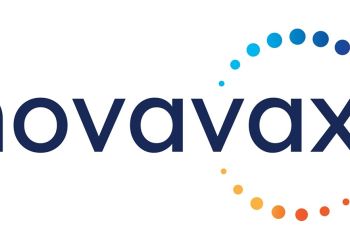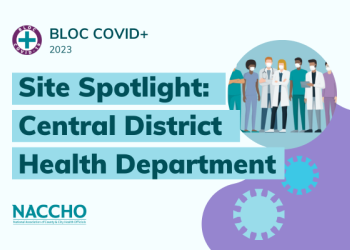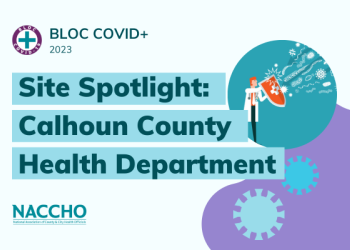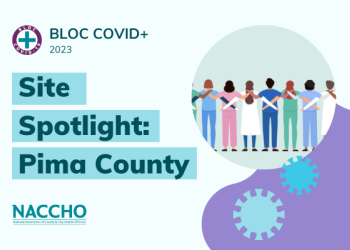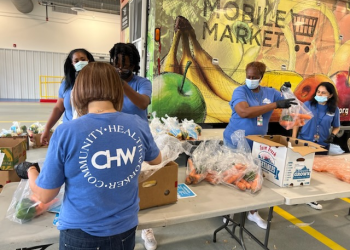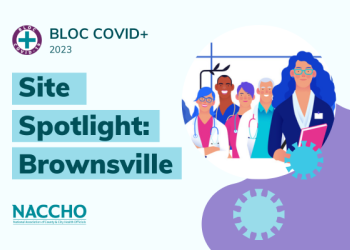The Health Resources & Services Administration (HRSA) released a new toolkit on how to integrate HIV care, treatment, and/or prevention services into primary care services at HRSA-funded health centers. The toolkit shares the lessons learned and resources from 22 health centers that participated in Partnerships for Care (P4C), a three-year cross-agency demonstration project (2014-2017) to build sustainable partnerships to support expanded HIV service delivery within communities highly affected by HIV, particularly among racial/ethnic minorities.
The new toolkit, which is available on HRSA’s website, features health center resources and promising practices from the P4C project to support the integration of HIV services into primary care, to build strong primary care-public health partnerships, and to expand and enhance HIV services and improve HIV outcomes in communities. The toolkit is organized into three modules based on the stages of developing an integrated primary care HIV program: planning, implementation, and sustainability. In addition, the toolkit discusses cross-cutting integration issues such as cultural competency, data collection and use, quality and process improvement, and training and technical assistance.
P4C grantees also share case studies and vignettes addressing the five P4C focal areas:
- Workforce development
- Infrastructure development
- Service delivery
- Quality improvement and evaluation
- Sustainable partnerships
In addition to tools and resources from the P4C health centers, the toolkit includes resources from CDC, the National Alliance of State and Territorial AIDS Directors (NASTAD), the Ryan White HIV/AIDS Program’s AIDS Education and Training Centers (AETCs) Program, and the University of California, San Francisco.

